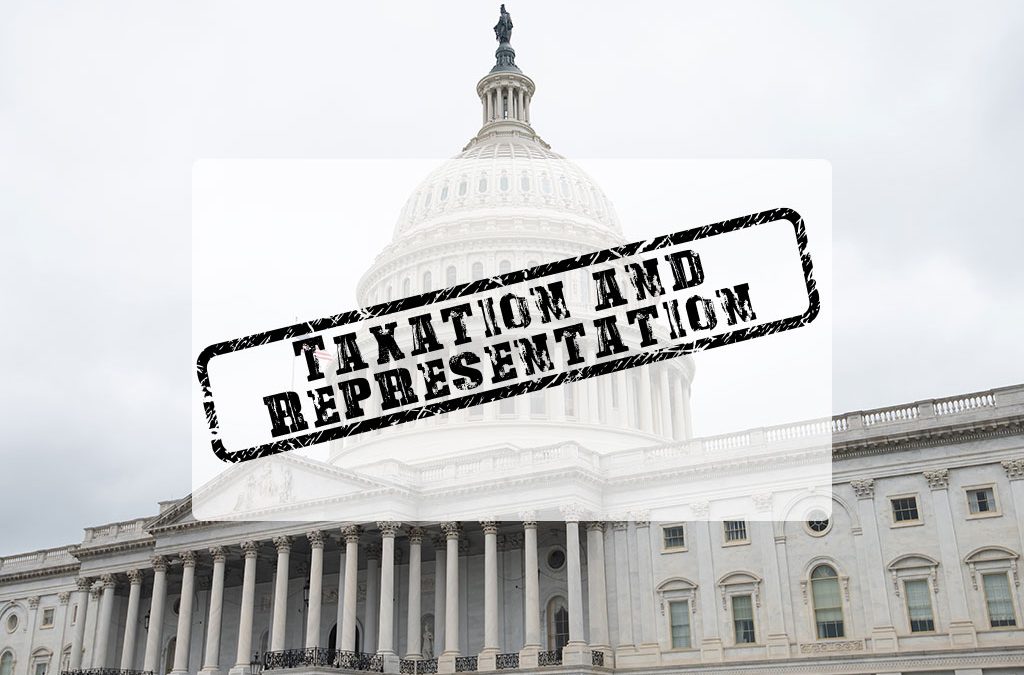The data is in! See what family owned businesses are saying about today’s challenges and opportunities.
Lawmakers’ Discussions on Tax Bill Continue, with Timing Slipping into 2024. With the possibility of a year-end tax package having all but evaporated, lawmakers on the House Ways and Means and Senate Finance committees will have to look to potential opportunities early in 2024, such as the Taiwan tax agreement or current government funding extensions, which are set to expire in January and February.
Wyden Introduces Bipartisan Middle-Income Housing Tax Credit. Senate Finance Committee Chair Ron Wyden (D-OR), along with Sen. Dan Sullivan (R-AK) and Reps. Jimmy Panetta (D-CA) and Mike Carey (R-OH), introduced the Workforce Housing Tax Credit Act on Dec. 7. The credit is intended to incentivize the construction and rehabilitation of affordable housing for middle-income families, and is part of Sen. Wyden’s larger push to pass a housing bill. The credit would be similar to the Low Income Housing Tax Credit in that state housing finance agencies would allocate tax credits to developers, but would apply to building units in which at least 60% of the building’s residents have incomes that are at most 100% of the area median income. The credit would be valued at 50% of the cost of the building for new constructions, and 20% of the cost of the credit for rehabilitated constructions. The credit would be estimated to finance about 350,000 affordable rental homes.
Treasury Issues Anticipated Foreign Tax Credits Guidance, Extends Temporary Relief from 2021 Final Rules. The Treasury Department and Internal Revenue Service (IRS) issued anticipated guidance on Dec. 11 regarding the application of the U.S. foreign tax credit rules to the new global minimum tax regime under Pillar Two of the Organisation for Economic Cooperation and Development’s (OECD) “Tax Challenges Arising from the Digitalisation of the Economy – Global Anti-Base Erosion Model Rules,” which a number of countries are bringing into effect starting next year. The notice of proposed rulemaking provides that qualified domestic minimum top-up taxes, a key feature of the Pillar Two 15% global minimum tax, generally will be eligible for U.S. foreign tax credits, while taxes imposed on U.S. companies’ income inclusion rules adopted by foreign countries generally would not. The notice, however, proposes a number of conditions and exceptions that may apply depending on the specific structure of the foreign tax.
IRS Begins Sending ERTC Disallowance Letters. On Dec. 6, the IRS announced that they would begin an initial round of sending upwards of 20,000 letters informing taxpayers that their Employee Retention Tax Credit (ERTC) claims have been denied. This initial wave of disallowance letters concerns applications that had one of two problems: either 1) the entity claiming the credit did not exist during the eligibility period, or 2) the entity did not have any paid employees during the eligibility period.

About Brownstein Hyatt Farber Schreck
Brownstein Hyatt Farber Schreck is a unique law firm. Walk into any of our offices and you’ll immediately recognize a different type of energy. Complacency doesn’t have a place here. Flexibility and inspiration do. Our culture and enthusiasm allow our attorneys, policy consultants and legal staff to stay ahead of our clients’ needs and provide them with the resources they require to meet their business objectives.
We hope you've enjoyed this article. While you're here, we have a small favor to ask...
As we prepare for what promises to be a pivotal year for America, we're asking you to consider becoming a member.
The need for fact-based reporting of issues important to family owned businesses and protecting a lifetime of savings has never been greater. Now more than ever, successful families and family owned businesses are under fire. That's why Family Enterprise USA is passionately working to increase the awareness of issues important to family owned businesses built on hard work, while continuing to strengthen our presence on Capitol Hill. The issues we fight for or against with Congress in Washington DC include high income tax rates, possible elimination of valuation discounts, increase in capital gains tax, enactment of a wealth tax, and the continued burden of the gift tax, estate tax and generation skipping tax.
Family Enterprise USA promotes generationally owned family business creation, growth, viability, and sustainability by advocating for family businesses and their lifetime of savings with Congress in Washington DC. Since 2007, Family Enterprise USA has represented and celebrated all sizes, professions and industries of family-owned enterprises and multi-generational employers. It is a bi-partisan 501.c3 organization. Family foundations can donate.
#incometax #CapitalGainsTax #R&DExpensing #DontPunishSuccess #GrantorTrusts #StepUpinBasis #likeKindExchanges #AcceleratedDepreciation #EstateTax #Deathtax #wealthtax #taxLegislation #CongressionalCaucus #incometaxrates #repealestatetax #AdvocatingForFamilyBusinesses #FamilyOwnedBusiness #WomenOwnedBusiness @FamilyEnterpriseUSA #FamilyEnterpriseUSA

